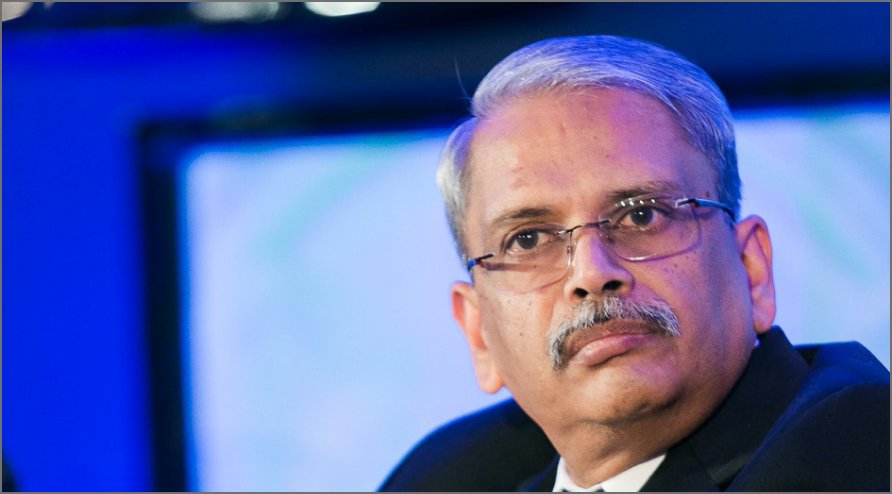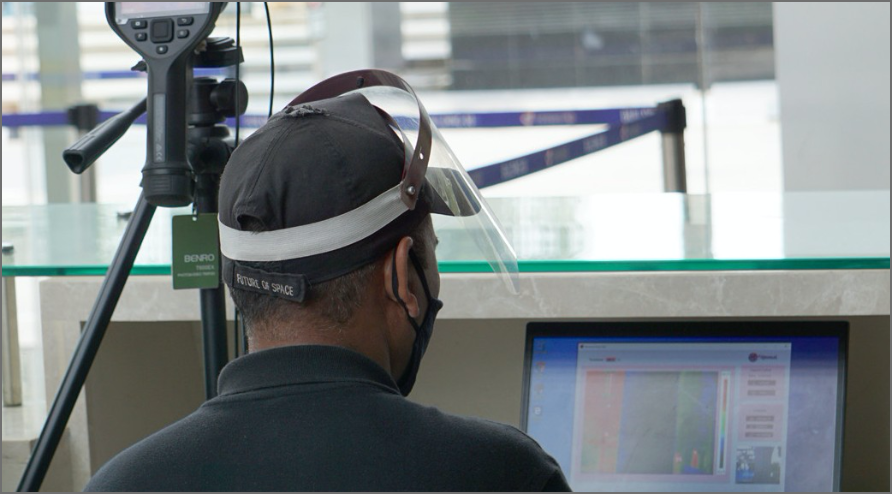Set ambitious project goals - Kris Gopalakrishnan
-
- from Shaastra :: vol 01 edition 01 :: May - Jun 2021
Tech investor and philanthropist Kris Gopalakrishnan on the wisdom of thinking big on research and programmes.

“If we can provide affordable and quality healthcare to India, we can provide it to the whole world.”
KRIS GOPALAKRISHNAN retired from Infosys in 2011 after three decades in the IT industry. Since then, he has been working as an investor and philanthropist, and especially funding scientific research in high-risk areas. He spoke to Hari Pulakkat about what he learned about research and entrepreneurship since then. Excerpts:
What attracted you to funding science?
I wanted to make myself busy. I didn’t want to compete with Infosys, and so I wanted to reinvent myself. My experience with the IT industry showed that an emerging technology has a significant impact on the economy and provides huge opportunities for entrepreneurship if we get in at the right time. I chose the brain. I decided to support research, innovation and entrepreneurship in emerging areas. Over time, I expanded my focus to include healthcare as well.
What attracted you to biology?
I had to take an area that is going to change dramatically with the introduction of technology; is very broad; will have significant societal impact; and will help a developing country. If we can provide affordable and quality healthcare to India, we can provide affordable health-care to the entire world. That was why I chose this field.
What has been your learning in the past six or seven years about the state of science in India?
If I divide this into multiple parts, on the quality of people I have no issue at all. I believe we have as good scientists as anywhere in the world. Second is the technology infrastructure. That can be fixed by investing enough money to build the technology infrastructure. And today, we are seeing more and more money being invested into research. The whole continuum, venture funding is available more and more. The third is the system of research in India. What I learnt is that it is a mindset issue, an issue of us wanting to do big and ambitious projects. Most of the research I found was small research, typically a professor with a couple of PhD students, small budget, and they publish a paper, everybody is happy, and things go on.
But if we set up large programmes and set ambitious goals, I find that larger groups can be created and it attracts more money. Research is a bit open-ended. I am not saying that we will always get the results we need, but we have a better chance of getting results. That is what I have been pushing for: to set ambitious goals.
When the Centre for Brain Research was set up, I asked them, why don’t you address Alzheimer’s, Parkinson’s, Dementia, ageing-related neurological disorders. If we set such ambitious goals, I believe some of them will definitely be achieved.
What was the state of research in these areas when you entered?
This is a global problem. The entire world is ageing, and India will also become an older society. There will be more people over the age of 35 than below. We are also living longer. One in five or one in six will develop some kind of neurological disorders. We have not found solutions globally for many of these disorders. These are disorders for which we don’t have a cure. It will be a large problem in India because we have a large population. If we can help solve this problem by adding to the global research, it will be a contribution to the entire world.
There will be other benefits as we do these things. If we set ambitious goals, there will be smaller goals in between. And I felt that we will be able to show results over the years. Some interesting results are coming and papers are being published. I am satisfied with the area being chosen and the results.
Many people are funding brain research. How do you choose what to fund?
I have taken two approaches. One is top-down, which is the Centre for Brain Research. We have set it up as an open platform. The second approach is the area of brain sciences where I have set up six chairs. These chairs are occupied by professors from the best labs in the world. They create teams in India with whom they will remotely work ten months in a year. Two months in a year they will come to India and work together. Except now, because of COVID, travel is restricted. The objective is to create large teams in India.
If something comes up from these projects, do we have the capacity to translate that?
I believe so. We have the world’s third-largest ecosystem for entrepreneurship today. The number of unicorns is increasing: India now has 50-55 unicorns. It is estimated to reach 100 in a couple of years. I believe we have the ability to translate this research. We are also understanding what translation means, better. If you look at IIT Madras Research Park, it is the best place to do research and translation of research in terms of start-ups. Such endeavours are happening in other research institutions.
Have a
story idea?
Tell us.
Do you have a recent research paper or an idea for a science/technology-themed article that you'd like to tell us about?
GET IN TOUCH














